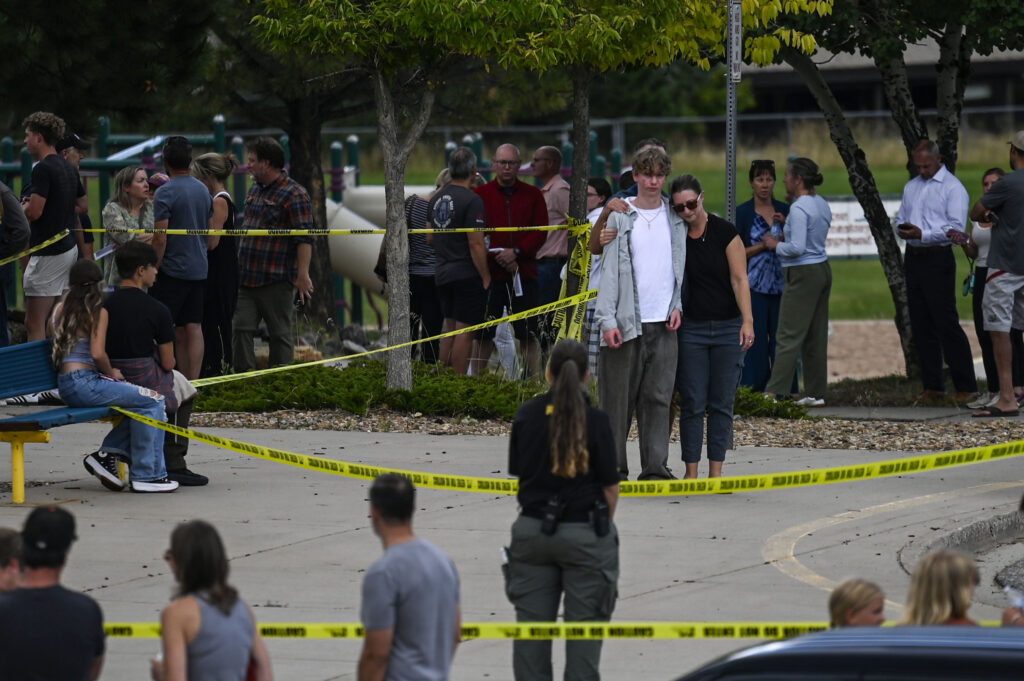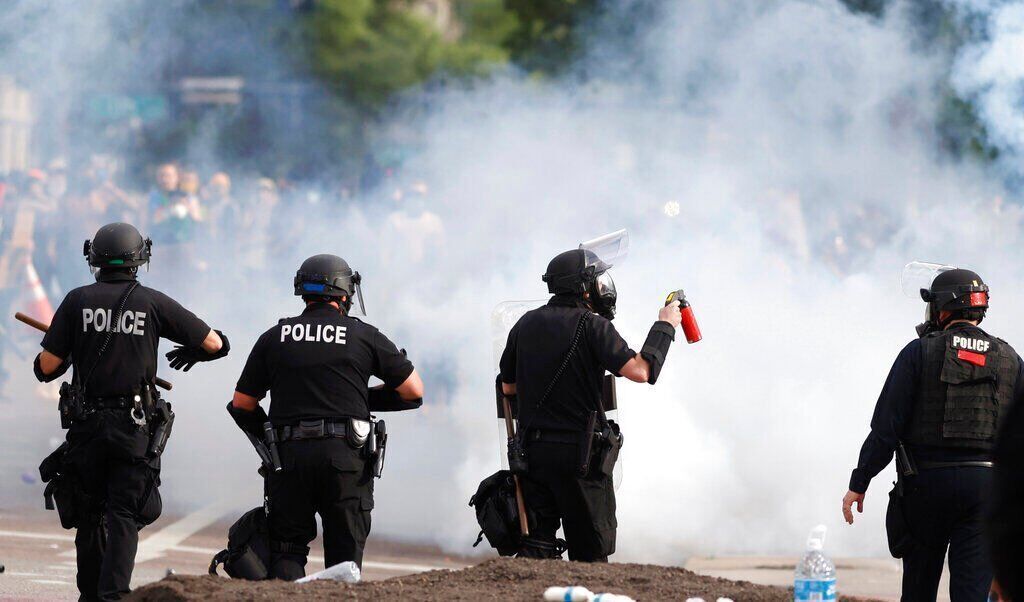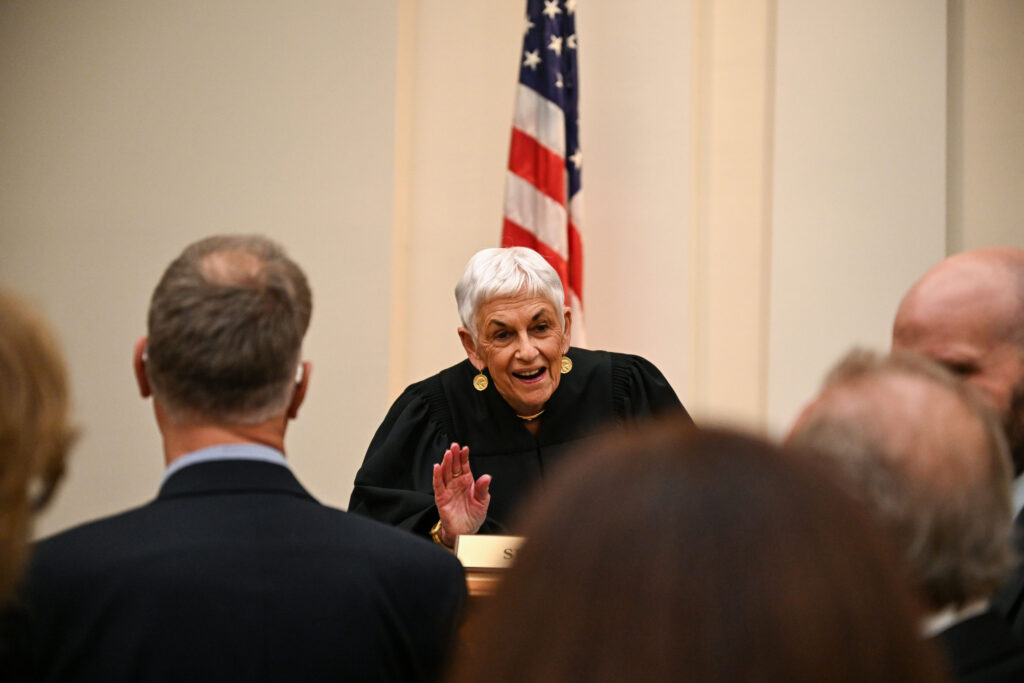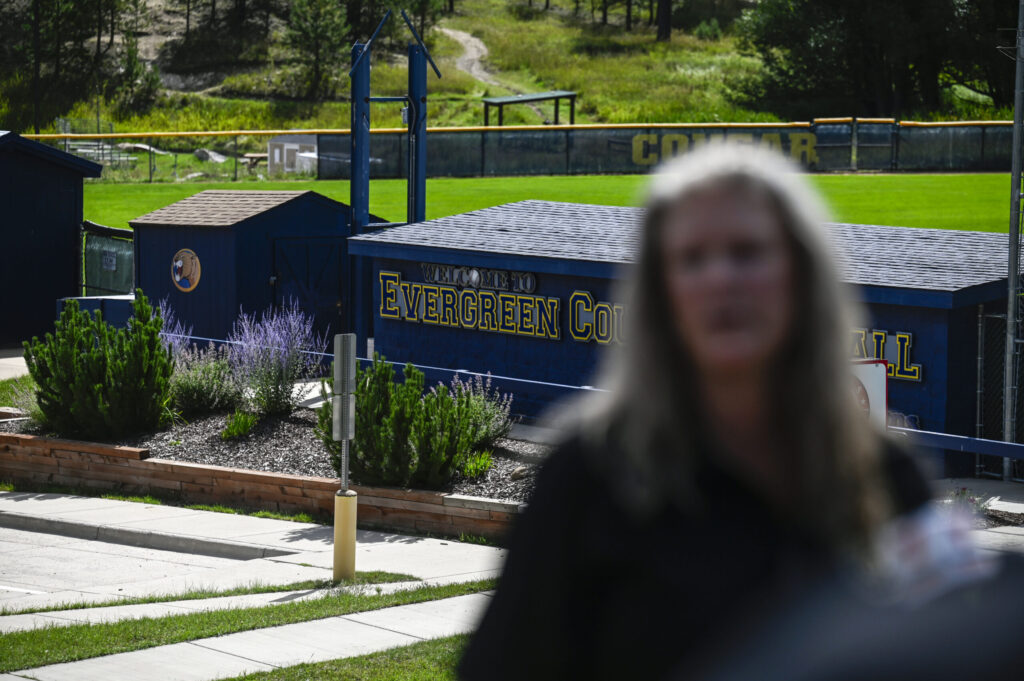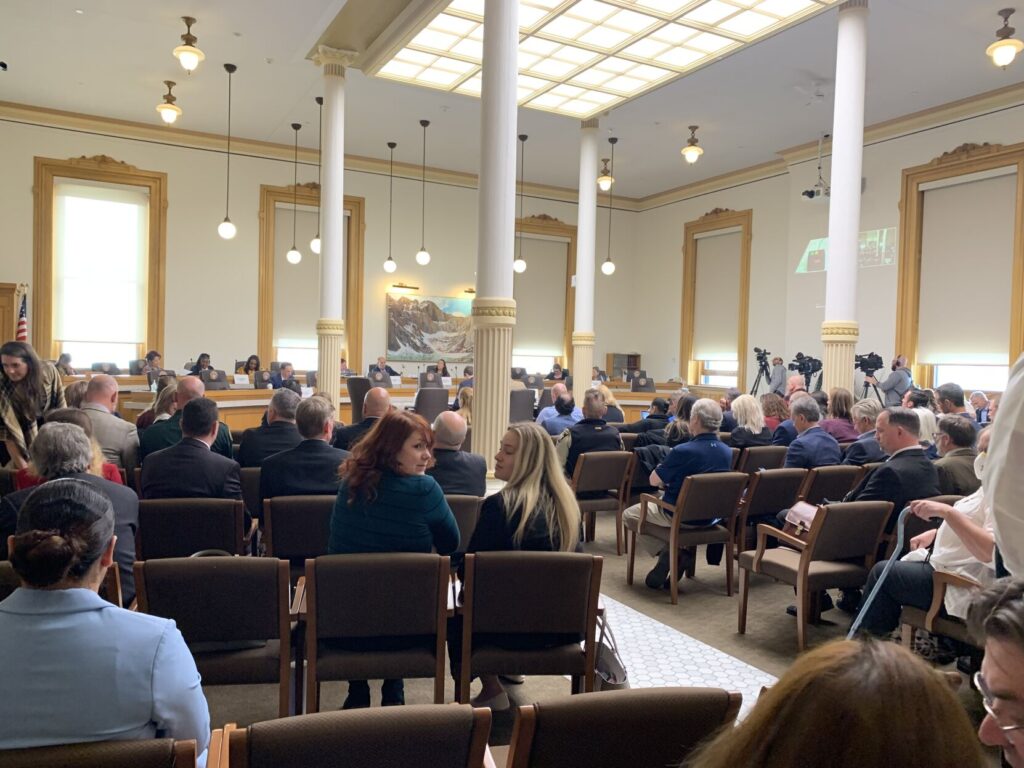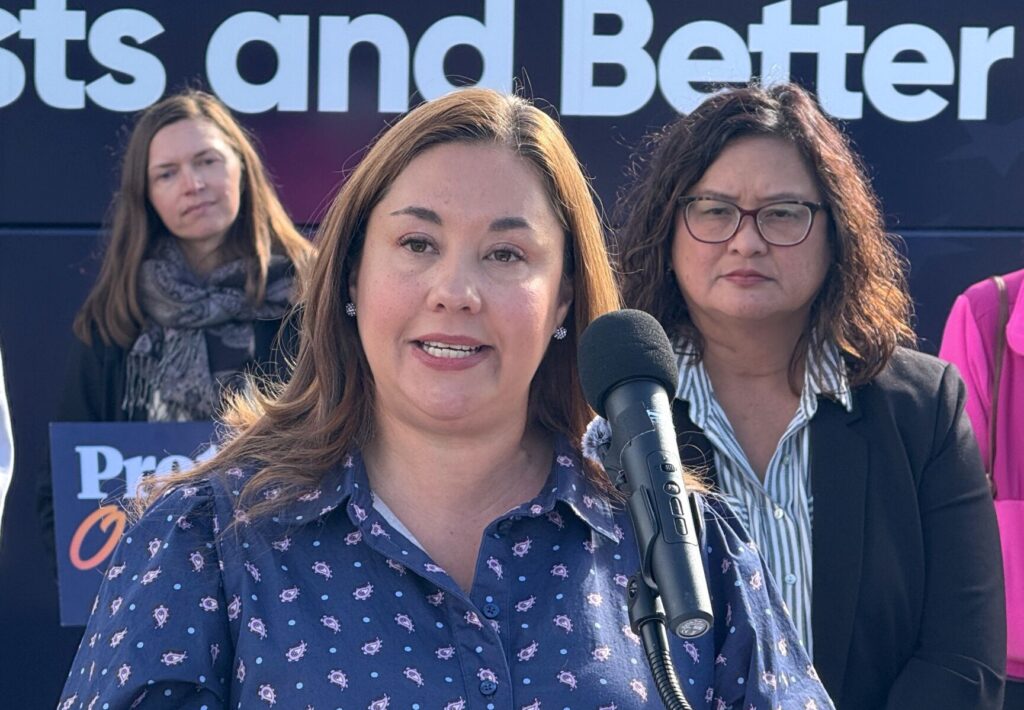It’s infrastructure week — and this time, it’s for real
Congress will take the first steps toward passing a major infrastructure spending bill, capping off years of bipartisan efforts to find a way to fix the nation’s aging roads, bridges, and waterways.
Senate Majority Leader Chuck Schumer will hold a test vote as soon as Wednesday on a $1 trillion infrastructure bill that was authored by a group of Democrats and Republicans and has the endorsement of President Joe Biden.
The vote will culminate years of rejected proposals, failed talks, and party infighting over how to pay for massive and growing infrastructure needs across the country as well as expand critical broadband.
“It’s been a very long time since the last time our country was able to strike a major bipartisan deal on American infrastructure, which is so badly needed,” Biden said, announcing the accord in June.
Infrastructure talks fell apart during the Trump administration despite a desire by both Democrats and the White House to strike a deal.
President Donald Trump wanted to spend big on roads and bridges, too. But the parties never reached an agreement on how to pay for it.
The talks blew up in May 2019, when Trump abruptly ended a White House meeting with Democrats, citing their nonstop congressional investigations and subpoenas into his presidency that he said hobbled his ability to work with party lawmakers.
“You can go down the investigation track, or you can go down the investment track,” Trump said at the time.
Trump’s failed effort to close a deal on fixing roads and bridges turned his goal of an “infrastructure week” into a running joke during his administration.
Nobody is laughing now.
When Biden took office, he quickly sought to rekindle bipartisan talks on infrastructure and held several listening sessions with Republicans that helped lead to the latest bipartisan deal.
The measure includes nearly $580 million in new spending on a broad array of traditional infrastructure that includes roads and bridges as well as mass transit, water pipes, airports, ports, electric vehicle chargers, and electric buses.
The measure would provide $65 billion to expand and improve broadband access.
Biden has promoted the plan as a job creator in stops around the nation while key Senate negotiators are selling the accord in their home states.
“This framework is a once-in-a-century investment in America’s infrastructure.” Sen. Jon Tester, a Montana Democrat, said during a visit last week to Flathead Valley Community College, the Daily Inter Lake reported. “It is going to be one of the most impactful pieces of legislation in our nation’s history, and it couldn’t be more urgently needed.”
While lawmakers in both parties are working on ensuring the measure will pass a key hurdle next week, it could, like Trump’s infrastructure effort, become the punchline of jokes if too few Republicans vote for it.
The measure can only pass with 60 votes. Democrats control 50 votes and need 10 Republicans to vote with them just to begin debate on the measure.
As of Friday, Republicans were working to shore up support from skeptical GOP lawmakers who question the mechanisms meant to pay for the bill.
The list includes enhanced IRS enforcement to recover tax revenue and the process of dynamic scoring, which factors future economic growth into revenue expectations.
Republicans are also becoming increasingly wary of backing the measure because Democrats are linking it to their plan to pass a $3.5 trillion “human infrastructure” bill that has nothing to do with roads and bridges.
It would fund the kind of social spending programs Republicans oppose, such as free community college, universal day care, and hundreds of billions of dollars for elder care and climate change mitigation efforts.
Republican Whip Sen. John Thune of South Dakota said linking the second bill makes it harder for already skeptical Republicans to support the narrow bill, which they say is lacking critical details they’ll need in order to decide whether to vote for it.
“I don’t see any way possible that this is on for next week,” Thune said.


